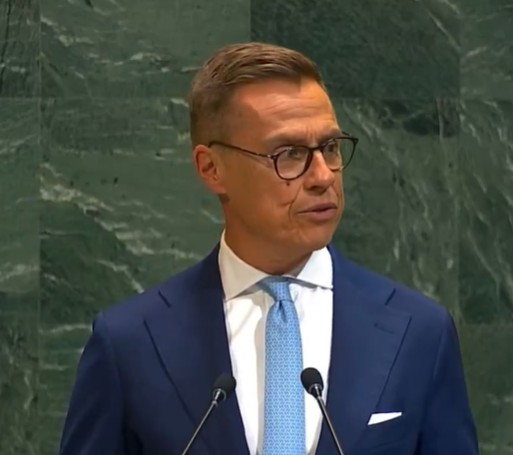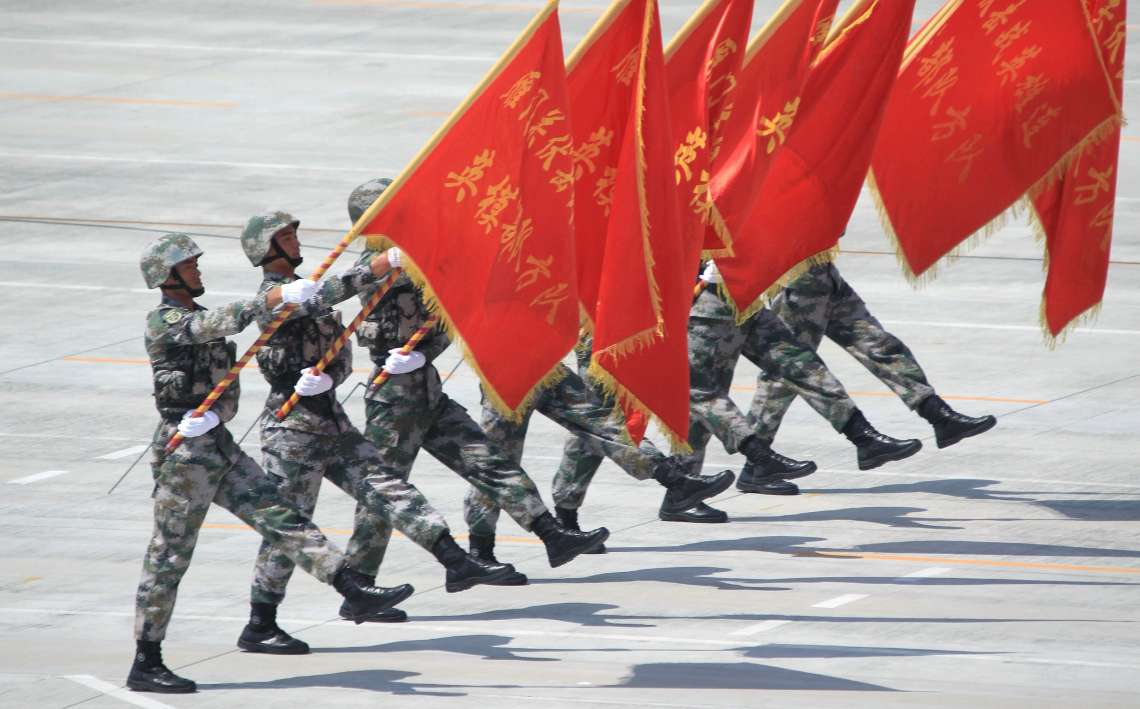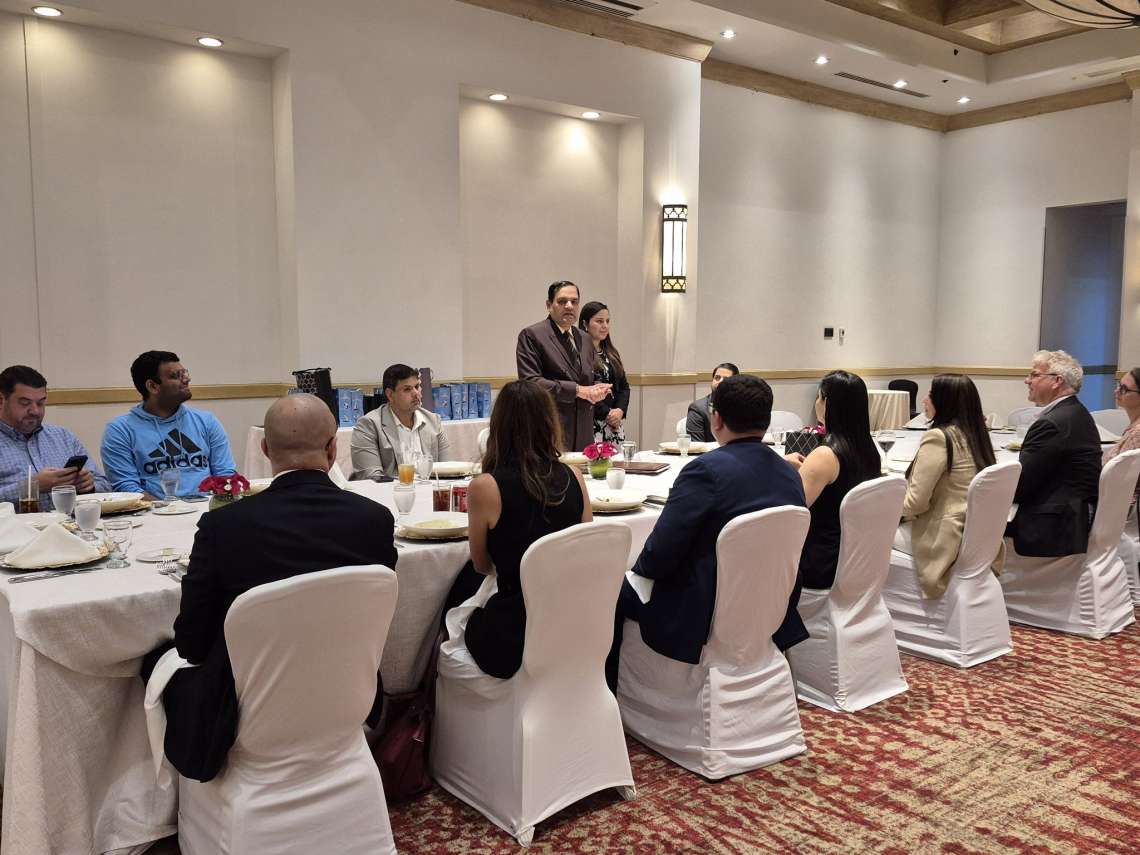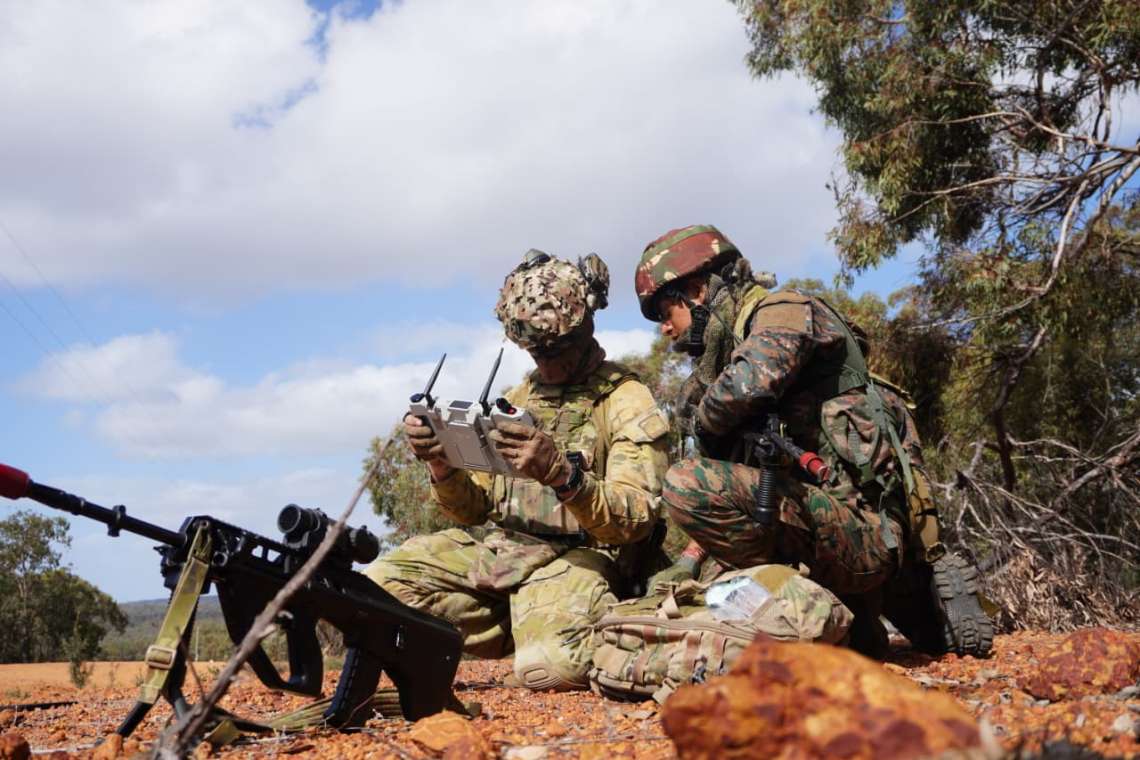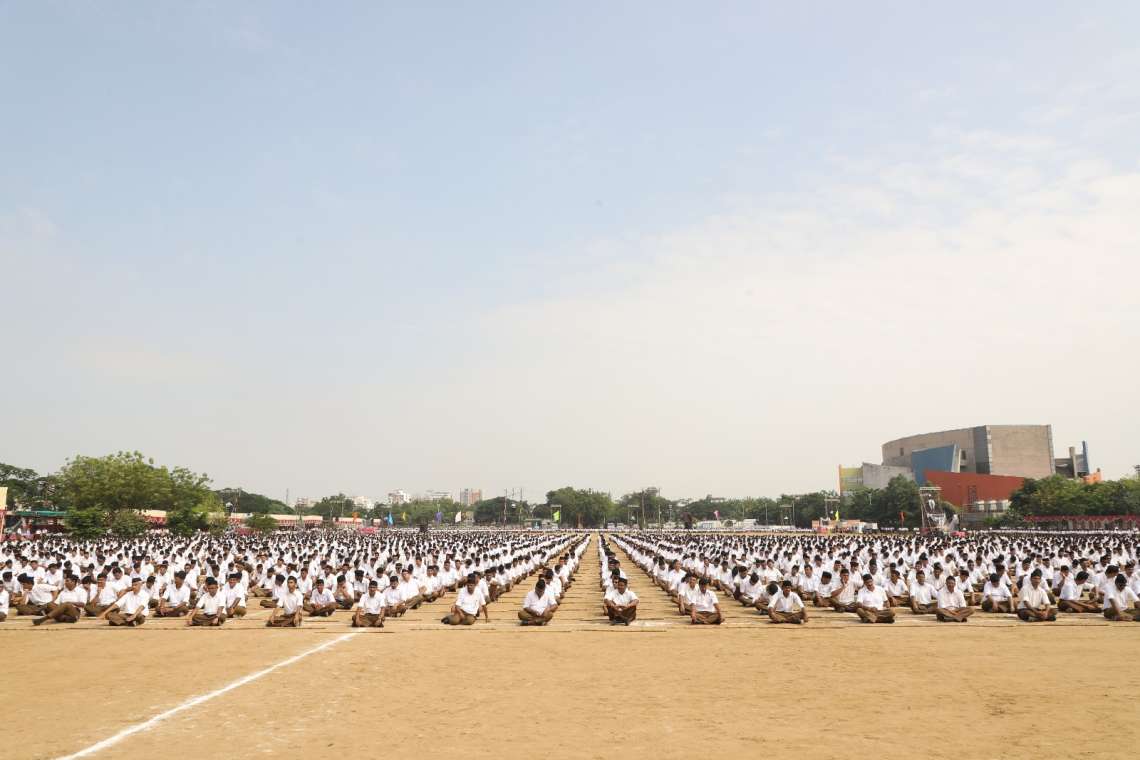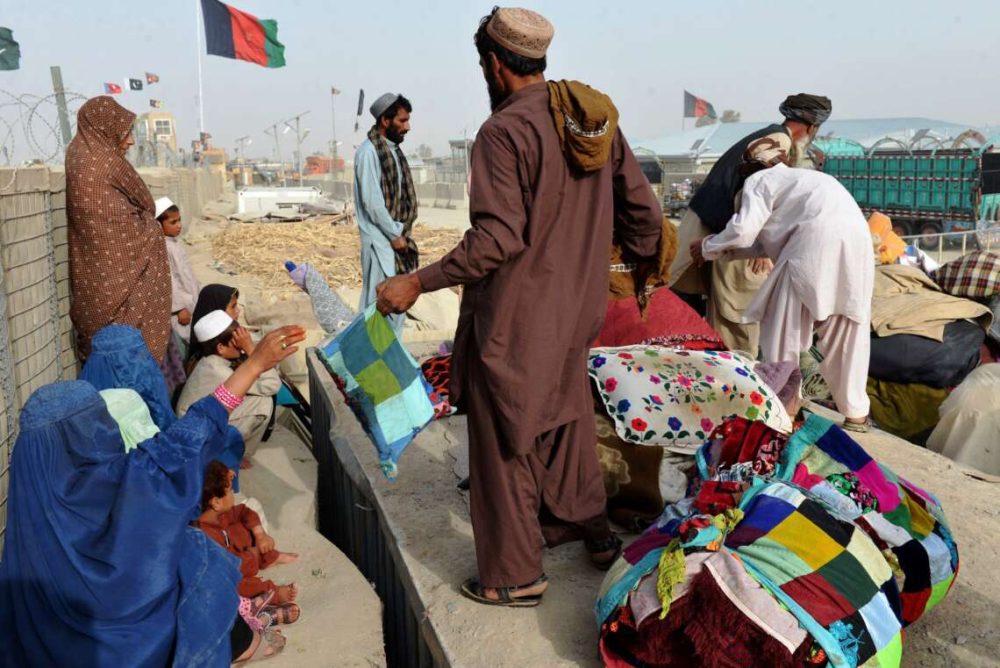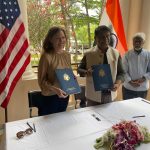Finland backs reform call at UNGA, echoing India’s push for UNSC seat and wider global governance overhaul…reports Asian Lite News
Finland and India have found common ground on the future of global governance, with both countries strongly aligned in their calls for reform of multilateral institutions. A speech by Finnish President Alexander Stubb at the United Nations General Assembly this week struck a chord in New Delhi, echoing India’s long-standing demand for a permanent seat on the United Nations Security Council and underlining the urgency of modernising global structures to reflect today’s geopolitical realities.
Addressing the 80th session of the UN General Assembly, President Stubb emphasised the enduring value of multilateralism, legitimacy and a rules-based international order. For India, his remarks were both refreshing and timely, given that he acknowledged the United Nations still reflects the world of 1945 rather than the vastly different dynamics of 2025. Analysts in India noted that Stubb’s intervention aligned closely with New Delhi’s worldview, providing a European voice of support at a time when global reform debates have gained fresh momentum.
Stubb outlined what he called the three essential pillars of foreign policy: values, interests, and power. This framework is one with which Indian diplomacy is deeply familiar, having long sought to balance its commitments to democracy, non-alignment and sovereignty with its security needs and development goals, all while navigating a system dominated by the major powers of the West. By arguing that foreign policy cannot be purely transactional and must be anchored in enduring values, Stubb reflected an approach similar to India’s in its climate negotiations, Indo-Pacific partnerships and trade diplomacy.
The Finnish President’s explicit call for reform of global institutions carried particular resonance in New Delhi. He declared that “the composition of the UN still largely reflects the world of 1945. As the world has changed drastically, so should the decision-making at the UN.” For Indian policymakers, this mirrored their own critique of the UN Security Council’s outdated structure and reinforced India’s case for a permanent seat at the top table of global decision-making. Successive Indian governments have argued that the UNSC must be expanded to reflect the rise of the Global South, the growing influence of Asia and Africa, and the need for greater legitimacy in global governance.
Stubb also drew attention to the rise of the Global South and the shifting centre of power towards the East and South. This was particularly significant for India, which has consistently positioned itself as the Voice of the Global South, seeking to articulate the development concerns of poorer nations and address the imbalances between advanced and developing economies. By foregrounding this shift, Stubb’s speech gave credibility to India’s push to bridge divides and promote inclusivity within international institutions.
Equally striking was Stubb’s defence of sovereignty, territorial integrity and the prohibition of the use of force. These principles, long central to India’s diplomatic stance, are now under strain amid conflicts ranging from Ukraine to West Asia. India has frequently invoked sovereignty and non-intervention when countering cross-border terrorism, navigating its complex border disputes, and responding to unilateral military interventions. In that context, Stubb’s words underlined a shared recognition that these principles remain critical to stability in an era of resurgent territorial aggression and destabilised regional orders.
Observers in India were quick to note that the Finnish leader’s address highlights a wider convergence between Europe and India on questions of multipolarity and legitimacy. As Professor Jayesh Khatu commented, multipolarity without legitimacy is unstable, and legitimacy without reforms would appear hollow. India, he argued, can leverage Stubb’s arguments to strengthen its campaign for global governance reform while simultaneously emphasising the perspectives of the Global South.
The speech may mark a subtle but significant shift in Europe’s engagement with debates about global reform. While European states have historically been cautious about enlarging the UN Security Council, Stubb’s intervention suggested a growing recognition within Europe that outdated institutions risk losing credibility if they fail to adapt. By aligning his message with the principles of balance, inclusivity and legitimacy, the Finnish President has helped bridge a gap between European concerns and Indian aspirations.
For New Delhi, the address comes at a moment of increasing assertiveness on the global stage. India’s presidency of the G20 last year allowed it to highlight the concerns of developing nations, while its active diplomacy in forums such as BRICS and the Indo-Pacific has sought to project an image of India as both a rising power and a responsible stakeholder. Stubb’s remarks, therefore, not only validate India’s position but also create an opening for broader coalitions in favour of reform.
In essence, Finland’s call at the UNGA underscores that concerns about the legitimacy and effectiveness of global governance are no longer confined to the developing world. They are now widely shared across regions and political traditions. For India, this represents an opportunity to amplify its longstanding demands and to argue that without reform, multilateralism risks becoming obsolete. For Finland, it reflects an effort to demonstrate that even smaller European powers see a vested interest in ensuring that legitimacy keeps pace with multipolarity.
As global power shifts accelerate, the convergence between Finland and India may signal the emergence of a broader consensus: that the rules-based order can only endure if it is seen as fair, representative and responsive to the realities of the 21st century. In that, both nations appear united in urging the world to finally update institutions born in the aftermath of the Second World War, and to reshape them for the world as it is today.


